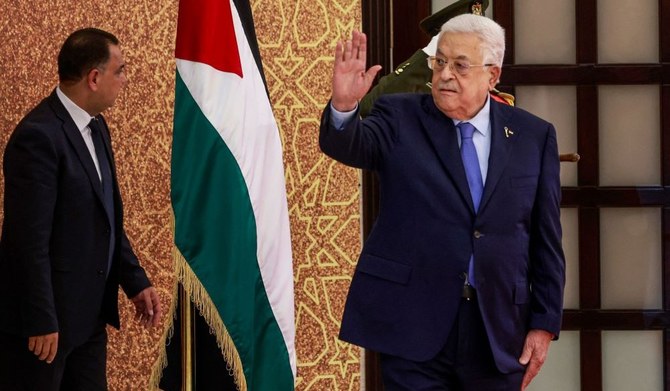
The US Treasury called on Tuesday Washington’s allies, partners and the private sector to exert more efforts to ensure that they are not exploited by Iran to finance its “nefarious activities.”
They must crack down on Iranian efforts to exploit them to fund its support for terrorism, destabilizing actions in the region and rights abuses at home.
“You must harden your financial networks, require your companies to do extra due diligence to keep them from being caught in Iran’s deceptive web, and make clear the very significant risks of doing business with companies and persons there,” Under Secretary of the Treasury Sigal Mandelker said.
She made her remarks during a speech at the Foundation for the Defense of Democracies (FDD), said a statement on the US Treasury website.
“Companies doing business in Iran face substantial risks, and those risks are even greater as we reimpose nuclear-related sanctions,” she added. “We will hold those doing prohibited business in Iran to account.”
“To those in the private sector, I urge you to also take additional steps to ensure Iran and its proxies are not exploiting your companies to support their nefarious activities,” Mandelker said. “You have to do more to make sure your compliance programs are airtight.”
The appeal follows US President Donald Trump’s May 8 decision to abandon the 2015 Iran nuclear deal and to reimpose US sanctions on Tehran.
The weight of the US financial system and the reality of companies having to choose between selling to Iran or to the vast US market, is likely to force many private firms to comply.
“The Iranian regime will deceive your companies, undermine the integrity of your financial systems, put your institutions at risk of our powerful sanctions, all to fund terrorism, human rights abuses and terrorist groups,” Mandelker added.
She repeated US threats to increase financial pressure unless Iran ceases actions such as supporting proxy forces hostile to the United States in Syria, Iraq, Lebanon and Yemen.
“Our powerful economic authorities will give the regime a clear choice: Change its unacceptable support for terrorism, destabilizing activities and human rights abuses, or face economic calamity,” Mandelker said.
She also accused the governor of Iran’s central bank of complicity in financing the Iranian Revolutionary Guards’ Quds Force and its agents in the Middle East, starting with Lebanon’s “Hezbollah.”
“In any legitimate country, if a Central Bank or its governor was complicit in financing a terrorist group, that central bank governor would be fired from his or her job and prosecuted for providing material support for terrorism. Indeed, any country that wants to legitimately join the global community of commerce would insist on it -- and those seeking to do business with that country would demand it,” she declared.
“Valiollah Seif, Iran’s Central Bank Governor, along with the assistant director of the Central Bank’s International Department, conspired with the Quds Force to conceal the movement of millions of dollars in multiple currencies through the international financial system, including through Iraqi banks,” she added.
“When we saw this, we took action again, designating Seif and his conspirators. We also took action against a ‘Hezbollah’-linked official who acted as a critical conduit for financial disbursements from the Quds Force to Hizballah. Banks, companies and countries again are on notice.”
“That senior officials in Iran are engaged in deceptive activity that strikes at the core of the international financial system should come as no surprise,” continued Mandelker.
“This past fall, we uncovered a Quds Force network that counterfeited currency and flouted the laws of our allies in Europe. That network used a series of companies to obfuscate end user data, facilitate deceptive transactions, and circumvent European export restrictions.”
“They used German-based front companies to deceive European suppliers and surreptitiously procure advanced printing machinery, security printing machinery, and raw materials such as watermarked paper and specialty inks on behalf of the Quds Force. The Quds Force in turn used these items to print counterfeit Yemeni bank notes, potentially worth hundreds of millions of dollars, to support Iran’s destabilizing activities. Yet another effort to gain access to currency. This time it was fake notes and Europe and Yemen were the victims.”
“When we consider risks to the international financial system, what action is more problematic than sending massive amounts of fake bank notes into the system? It should be beyond refute that counterfeiting strikes at the heart of the international financial system,” she stressed.












